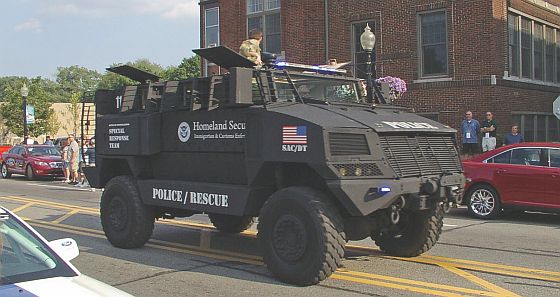“Abdur Rahman al Shami” writes:
On 22 August an interview with Bashar Al-Assad was aired on Syrian TV. He assumed the people were following his every word. But they were not in the least concerned with his interview; instead, many stayed up the whole night watching the battle to liberate Tripoli. It had huge symbolism, especially for the people of Damascus. With the fall of Tripoli and the departure of Gaddafi and his family, it became clear to the people that despite the severity of losses, the fight in Libya was worth the price.
The decision by the Syrian people to march in protest was taken on the night of 17 March, the day the UN passed resolution 1973, imposing a no-fly zone over Libya. The following day there were demonstrations in Damascus, Dara’a, Banias and Homs. Two people were killed, and this effectively lit the flames of the Syrian revolution.
But our peaceful revolution received no official support from the Islamic and Arab countries. All we got were hesitant platitudes from our neighbours. Likewise, the west called only for reform, or at most economic sanctions. This encouraged Assad to increase his repression in the hope that he would be able to quell the revolution quickly.
But our revolution gathered momentum. Always peaceful, and without any external intervention it spread, with more and more protesters, cities and villages taking part. Syrian opposition figures inside and abroad worked to support the revolution through a series of initiatives, culminating in the formation of national councils earlier this month.
The revolutionaries on the ground now find themselves confronting a new reality. On the one hand we are faced with Arab silence, an ongoing regional indecision – especially from neighbouring Turkey – and the west as passive spectators to Assad’s violations. On the other, Tripoli and Libya are liberated. While Nato support was helpful, credit must be given to the determination of the Libyan people and their tactics, including armed struggle.
There is no doubt that the Syrian revolutionaries will now carry out a reappraisal of their own position; especially as we witness the daily bombardment of Homs, Latakia and Deir al-Zour; while Hama is attacked, the plains of Houran bleed, Aleppo is terrorised and Damascus repressed. The revolutionaries are now questioning the peaceful nature of the Syrian revolution – we have not until now used arms against the regime – and also re-evaluting our position on foreign intervention.
Meanwhile, Amnesty International says:
At least 88 people are believed to have died in detention in Syria during five months of bloody repression of pro-reform protests, a new Amnesty International report reveals today.
Deadly detention: Deaths in custody amid popular protest in Syria documents reported deaths in custody between April and mid-August in the wake of sweeping arrests.
The 88 deaths represented a significant escalation in the number of deaths following arrest in Syria. In recent years Amnesty International has typically recorded around five deaths in custody per year in Syria.
“These deaths behind bars are reaching massive proportions, and appear to be an extension of the same brutal disdain for life that we are seeing daily on the streets of Syria,” said Neil Sammonds, Amnesty International’s researcher on Syria.


